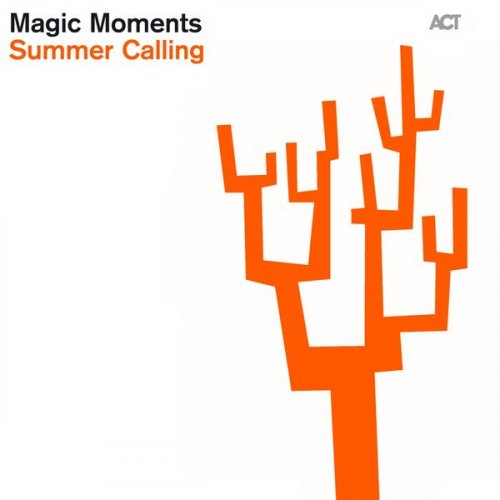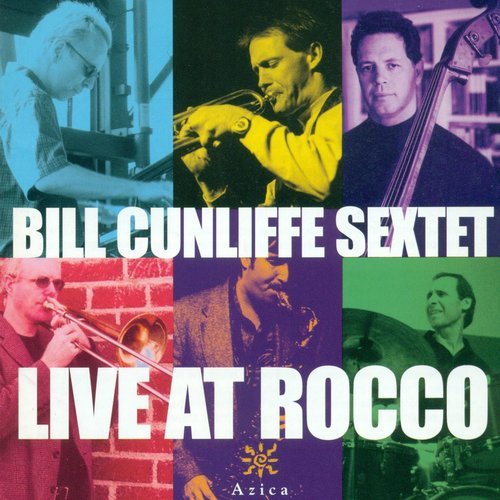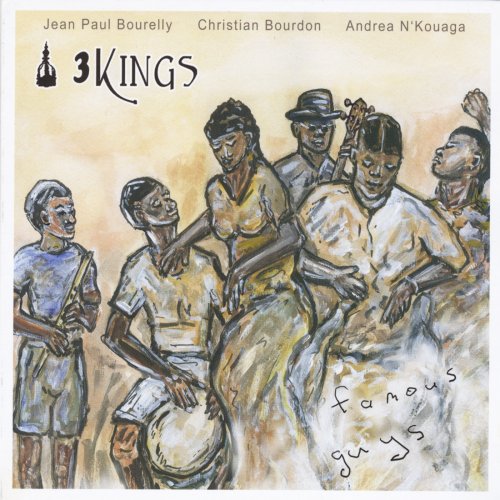Anthony Coleman - Selfhaters (1996)

Artist: Anthony Coleman, Michael Attias, David Krakauer, Fred Lonberg-Holm, Roy Nathanson, Jim Pugliese, Doug Wieselman
Title: Selfhaters
Year Of Release: 1996
Label: Tzadik
Genre: Jazz, Contemporary Jazz
Quality: FLAC (tracks)
Total Time: 53:59
Total Size: 261 MB
WebSite: Album Preview
Tracklist:Title: Selfhaters
Year Of Release: 1996
Label: Tzadik
Genre: Jazz, Contemporary Jazz
Quality: FLAC (tracks)
Total Time: 53:59
Total Size: 261 MB
WebSite: Album Preview
1. Hidden Language (03:37)
2. BIm (04:29)
3. Eurotrash Ballade (05:34)
4. You Don't Know What Love Is (05:02)
5. The Dream Factory (11:01)
6. The Mooche (04:34)
7. Bom (06:30)
8. Goodbye And Good Luck (13:01)
Personnel:
Michael Attias: Clarinet, Alto Sax, Baritone Sax
Anthony Coleman: Organ, Piano, Sampler Piano, Voice, Trombone, Accordion
David Krakauer: Bass Clarinet
Fred Lonberg-Holm: Cello, Banjo
Roy Nathanson: Clarinet, Soprano Sax
Jim Pugliese: Percussion, Trumpet
Doug Wieselman: E-flat Clarinet
This first Selfhaters recording includes selections spanning December 1993 through March 1996. Most of these cuts are live performances at NYC venues Roulette and Knitting Factory. Documented are two Anthony Coleman-led lineups: clarinetist Doug Wieselman and percussionist Jim Pugliese are the Selfhaters (clarinetist David Krakauer guests); the other half of the tracks add cellist Fred Lonberg-Holm and reedist Michael Attias to form the orchestra. The album opens with energetic bursts of warbling, dissonant blares, and simple, loose snare beats that taper out, then return with renewed fervor, the decision made that "yes, this is how we want to rock." Offsetting this, the next piece is rather quiet and secretive. Generally sounding more like a drunken choir, this instrumental group gets almost bluesy in a klezmer/avant-jazz kind of way. Coleman fans will dig it, as he has some fine organ moments throughout. The selections are, overall, more scattered, like threads tied at one end to a musical idea that are dispersed and floating in all directions, swirling around Coleman's playing. The album closes with a drawn-out, wryly delivered narration accompanied by interpretive music of an indecisive, rather ragtag parade. © Joslyn Layne


![Art Pepper - Everything Happens To Me: 1959 - Live At The Cellar (2026) [Hi-Res] Art Pepper - Everything Happens To Me: 1959 - Live At The Cellar (2026) [Hi-Res]](https://www.dibpic.com/uploads/posts/2026-02/1771405170_fcwg7jmt6mou1_600.jpg)
![Mantovani & His Orchestra - The Greatest Gift Is Love (1975/2026) [Hi-Res] Mantovani & His Orchestra - The Greatest Gift Is Love (1975/2026) [Hi-Res]](https://www.dibpic.com/uploads/posts/2026-02/1771524770_cover.jpg)



![Youn Sun Nah - Lost Pieces (2026) [Hi-Res] Youn Sun Nah - Lost Pieces (2026) [Hi-Res]](https://www.dibpic.com/uploads/posts/2026-02/1771413579_1.jpg)
